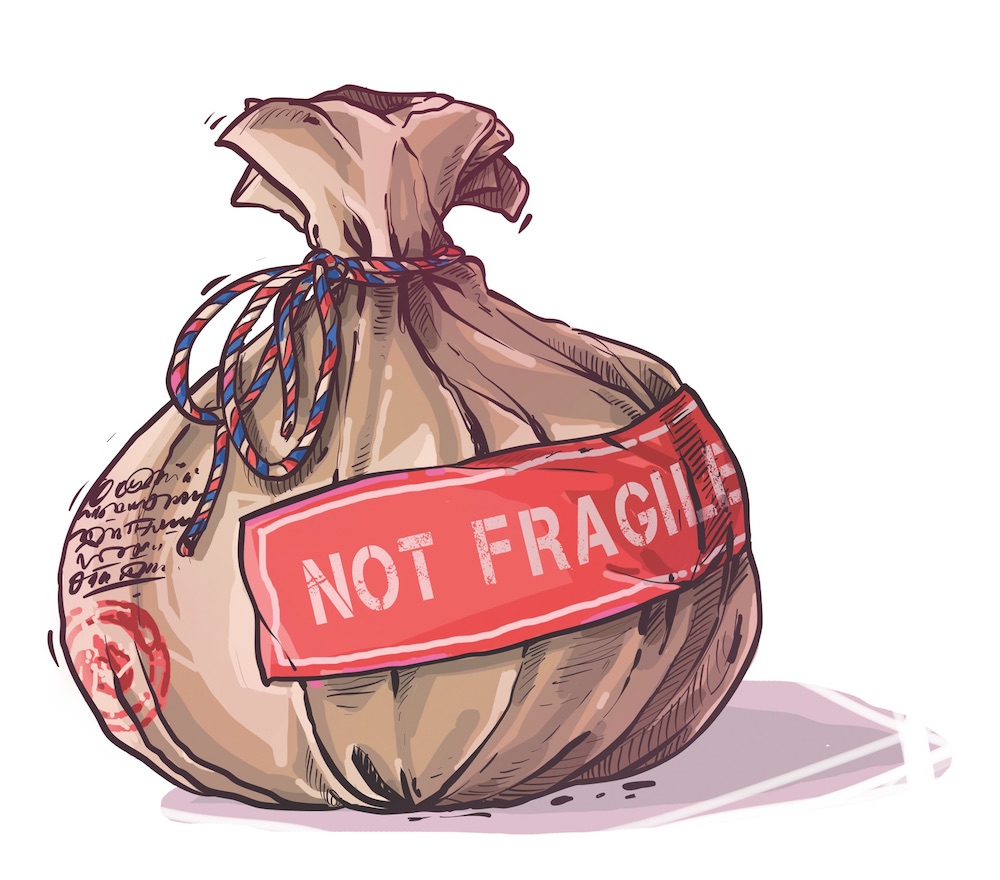Alcohol Production has faced a slew of new challenges in recent years that producers must address to maintain quality and meet demand. Procedures, technologies, and even long-standing regulations and distribution systems might need adjustment. Additionally, a growing number of new producers are eager to introduce contemporary products and innovative techniques, captivating consumers with unique preparation methods. These are the topics we’ll delve into further.
One of the problems we’ll highlight is the decreasing stock of whisky/whiskey worldwide. The popularity of this type of alcohol is skyrocketing. This trend is evident in Scotch whisky, which increasingly lacks age statements, making it clear that vintage whiskies will become relatively expensive luxuries. Japanese whiskies, for instance, have gained an almost “mythical status” and are exceedingly hard to find locally. People have simply embraced this category, and producers are struggling to meet demand while maintaining quality.
In the future, brands like EtOH Spirits from Denmark, established five years ago by Tobias Emil Jensen, might hold the answer to this issue.
Tobias is a scientist and engineer specializing in distillation science and technology. EtOH was curious about exploring flavors through technology and partnered with the University of Copenhagen. They examined how ultrasound, heat, and oxygen could expedite the alcohol aging process. Through studying wood properties and the effects of these techniques, they discovered it’s possible to accelerate the aging of spirits within a few days, while the resulting product still offers a similar, if not identical, taste and complexity as a whisky aged for ten years.
Based on their research, Tobias and his retired engineer father designed a reactor capable of aging spirits using high-frequency ultrasound, heat, and oxygen. The process starts with a careful selection of “new make,” the unaged distillate from Scottish distilleries, as the foundation. Only artisanal, high-quality Scottish distillate is used, meticulously fine-tuned with selected oak casks. The casks are broken down into smaller parts and placed in the reactor, along with wood chips. The combination of ultrasound and heat rapidly extracts flavor components like lignin, polyphenols, hemicellulose, etc., directly into the alcohol. This entire process takes 7 to 14 days, and the product is ready for bottling and store shelves immediately after this step. For most of us, this story sounds like something from a futuristic novel, but everything described above is a reality.
Certainly, under current regulations, we can’t label these and similar products as whisky, rum, or brandy. However, technology like this may very well account for a significant percentage of alcohol production in ten to twenty years.
Other producers had to address their own issues, like Archie Rose from down under. This alcohol manufacturer extended a helping hand to local wine producers when they lost hundreds of tons of grapes during the significant fires in Australia in 2019 and 2020. Although the grapes didn’t burn, the strong smoke left the harvest permanently tainted and unsuitable for producing such delicate liquid as Australian wines. Archie Rose purchased this affected harvest and began experimenting, ultimately introducing a label made from this “smoked” Shiraz and Cabernet Sauvignon grapes. It’s a special grape-based spirit with notes of honey, tropical fruit, and, of course, a subtle smoky undertone.
Similarly, breweries also adapted. Over the past two years, they popularized a lesser-known spirit, beer brandy. Due to pandemic measures, many breweries found themselves with a surplus of beer that was approaching the end of its shelf life. Instead of disposing of the beer, some decided to start making beer brandy, and many of them, in addition to brandy, also produced alcohol for medical disinfection from the aforementioned golden liquid.
During the pandemic, producers had to tackle other challenges, like meeting the demand for mixed drinks when bars worldwide were closed. Here, we witnessed a tremendous surge in the ready-to-drink (RTD) category for home consumption. While not a new invention, similar drinks were around 160 years ago, even Jerry Thomas mentioned similar mixes in his first bartender’s book. This category continues to grow even after the pandemic, and there’s hardly a brand that hasn’t joined this wave. A prime example is the hard seltzer category in the US—simple, low-calorie canned drinks with various flavors and an alcohol content of around 5%. Last year alone, they generated $4.9 billion in the United States.

From a global perspective, a company making a tremendous impact is ecoSPIRITS. This isn’t a manufacturer but a distribution company striving to change the way alcohol is distributed worldwide and solve or at least alleviate a long-standing emissions problem. The entire idea revolves around removing bottles and cartons from distribution and introducing reusable containers for transporting alcohol worldwide. The principle is akin to package-free stores, which are becoming increasingly popular. Even better news is that Pernod Ricard, one of the largest alcohol companies, has joined this initiative. In some Asian countries, they already distribute three of their iconic brands using this method. Hopefully, more and more alcohol producers will follow suit soon, utilizing a system that can save our planet several million tons of CO2. Particularly in today’s times, a similarly well-thought-out system would be useful as we face the most significant raw material shortage in decades, and alcohol distribution is collapsing. Major brands report distribution disruptions primarily caused by a shortage of glass bottles and plastic closures used in alcohol transportation, highlighting a massive potential for ecoSPIRITS and similar projects.
Certainly, there will be more manufacturing or distribution problems in the future. Some things are challenging to prepare for, and solutions are sought on the fly, much like in recent years and the aforementioned pandemic. However, the most significant obstacles in spirits production are already well known, visible, and closely watched, and all companies in this segment are striving to respond. In the coming years, many changes will undoubtedly occur, whether in distribution, production technologies, or probably even in laws, where long-standing rules may suddenly change due to progress and our planet’s protection.




